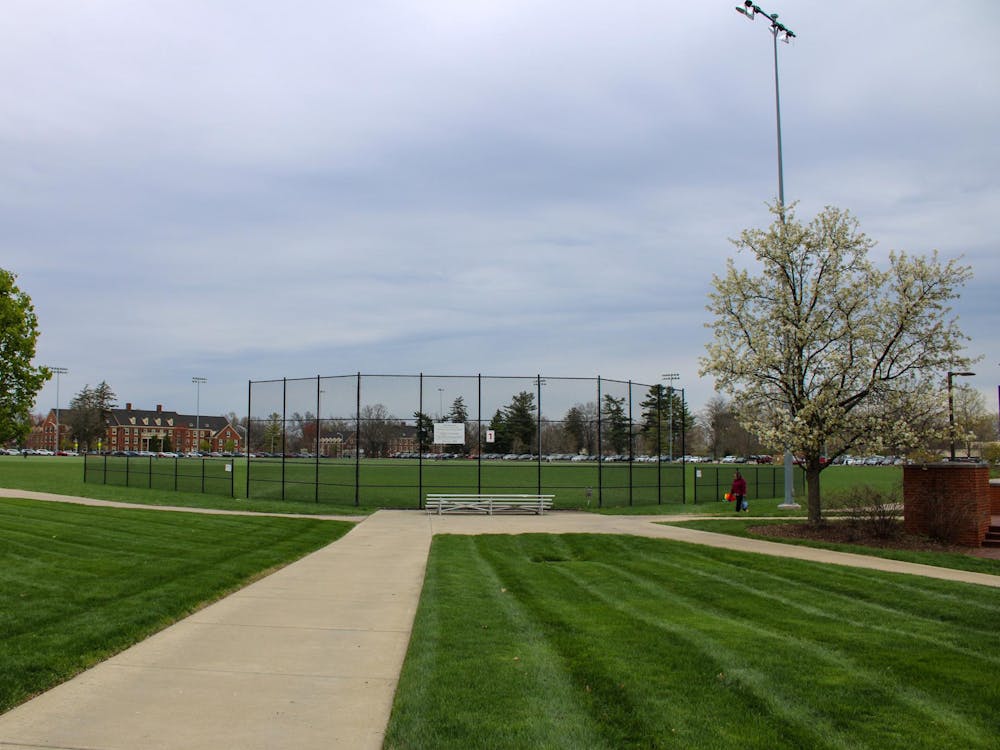TW: This story contains content addressing suicide, self-harm and mental illnesses
The year that I entered as a freshman into Loudoun Valley High School, William Robinson took his own life on a playground only hundreds of feet from the front door of our school.
“Too weird to live, too rare to die,” he wrote on the yellow shiny post supporting the swings.
Less than a year later, I was sitting in a freshman biology course, when we heard on Facebook about a student who climbed the water tower in an attempt to jump — but fell and survived before he could make it to the top. The watertower was closer than the playground.
Our school was quickly dubbed “Death Valley.”
In Purcellville, Virginia, talking about suicide was no longer taboo. We had assemblies, conversations with friends, meetings with school counselors and teachers checking in on us. Suicide had become real, and jokes about it became practically obsolete.
In contrast, I’ve been surprised — and, honestly, really disappointed — at the amount of casual dialogue surrounding suicide I’ve heard here at Miami University. Casual dialogue, not in a comfortable conversational way, but in an inconsiderate, joking manner.
There are two ways that I categorize jokes of suicide:
The turn of phrase
The call for help or dark, but realistic, humor
The ‘turn of phrase’ is the casual joke heard throughout the day; it’s usually blurted out when someone has too much homework to do, isn’t looking forward to a situation or is complaining about a menial task.
“I have so much homework, ugh, I just want to kill myself.”
I shudder as the phrase hits my ears. I have so much to say, but I choke on my words before I can get them out to tell them, “That’s not funny.”
Enjoy what you're reading?
Signup for our newsletter
These flippant remarks desensitize the second category of joke: the cry for help. It usually involves someone who struggles with depression, self-harm, anxiety and/or other mental health issues who makes a passing remark about committing suicide. It’s terrifying to hear when it comes out of someone's mouth for whom it is a very real issue.
Although they are unfortunately stuck in our everyday dialogue, suicide jokes are always inappropriate.
Studies show that acts of suicide usually occur 8-10 years following a person’s onset of symptoms from mental illnesses. This means that people could be suffering through inconsiderate dialogue, crippling loneliness and depression for almost 10 years before they take action.
Some people don’t have the choice to joke about suicide. They don’t have the privilege to marginalize something that is incredibly real. Words that come out of someone else's mouth are words that swirl inside of the mentally ill all the time as they beg for the thoughts to leave.
Nobody asks for suicidal thoughts, and nobody wants to hear jokes about them.
It’s extremely disappointing to still hear suicide jokes on campus after last year, when Miami University lost one of our own students, Daniela DiSanto.
Daniela tragically passed away in the fall of 2021 while she was a sophomore at Miami. The campus community gathered together in a beautiful way to take mental health seriously. A tree has since been planted on Central Quad in Daniela’s honor.
This year, Congress passed a bill flooding money into mental health services, Miami University hired six new full time staff to support mental health on campus and backpacks across campus are pinned with purple and blue ribbons, but somehow suicide jokes aren’t being left behind.
I hope that we can change our dialogue before another William. I pray that the words become obsolete from this campus before another Daniela.
If you or anyone around you is struggling with thoughts of suicide, please reach out to Student Counseling Services.




